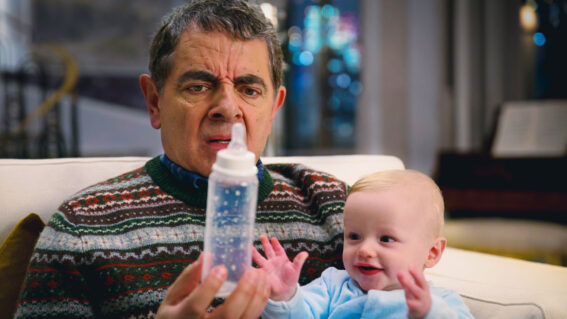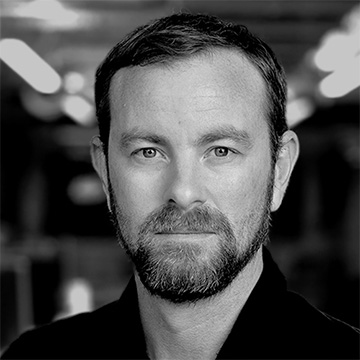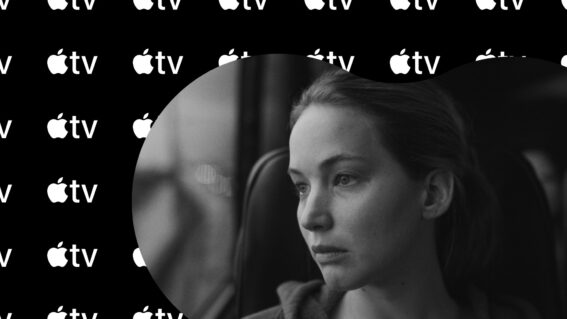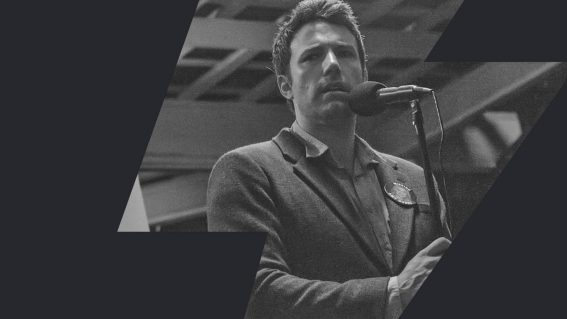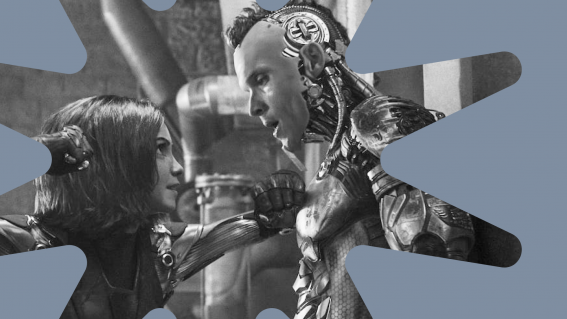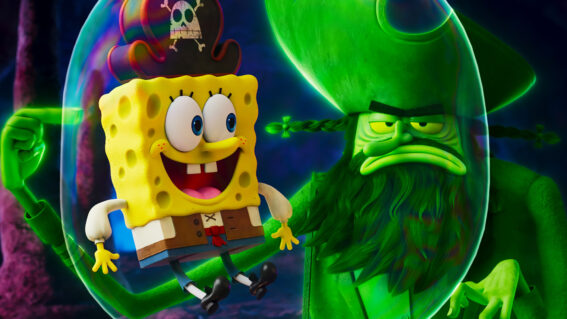Interview: Alister Barry, co-director of Kiwi political doco ‘Hot Air’
Hot Air is a local documentary that takes an incisive look at New Zealand’s political tug-of-war over climate change and our greenhouse gas emissions. Alister Barry, one of the two directors of the documentary, gave us some fascinating insight into the subject – a subject that is heavily explored in the movie which is playing […]
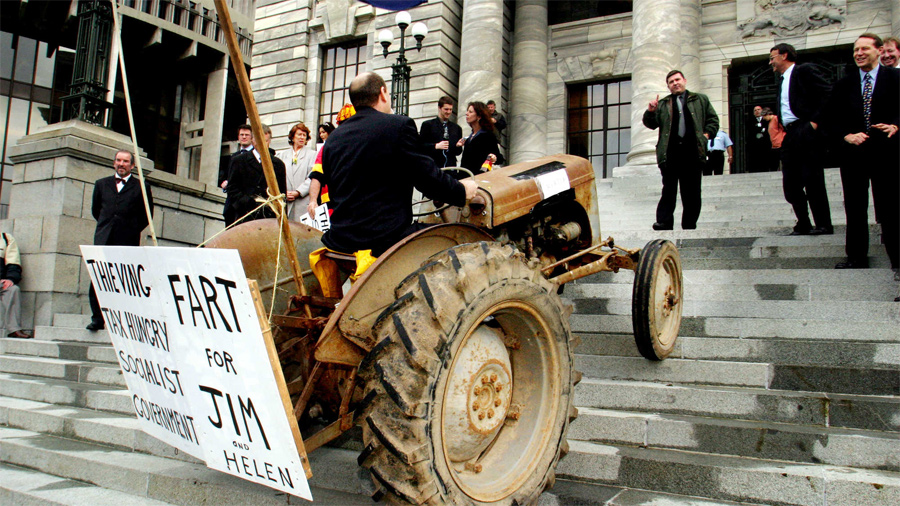
Hot Air is a local documentary that takes an incisive look at New Zealand’s political tug-of-war over climate change and our greenhouse gas emissions. Alister Barry, one of the two directors of the documentary, gave us some fascinating insight into the subject – a subject that is heavily explored in the movie which is playing as part of the New Zealand International Film Festival.
Hello from Flicks. What have you been up to today?
We had trouble with our DCPs and so [co-director] Abi [King-Jones] and I have been at the Paramount Cinema doing checks and tests. We are confident that there will be picture and sound for all the screenings in the Film Festival!
Why do the media have such a problem reporting science?
In the case of climate science, the journalists find it hard to find enough time to assess what is true so they simply present say, NIWA’s view and the deniers’ view. Balanced report. Job done. Next story please.
Is the idea of “balance”, as applied on television in particular, actually just unsuited to some topics?
Possibly, but what I think is central to journalism including serious tv documentaries and my sort of documentary is the search and then presentation of the truth. Balance comes into this type of work if there are opinions about, for example, what is the best course of action to take in the future regarding some problem, but the test of truthfulness should be able to be applied to everything that has already happened. Two witnesses might have a different memory of what happened and if the documentary maker can not find out which version is true then there is a case for presenting both views. But first they should try very hard to find the truth!
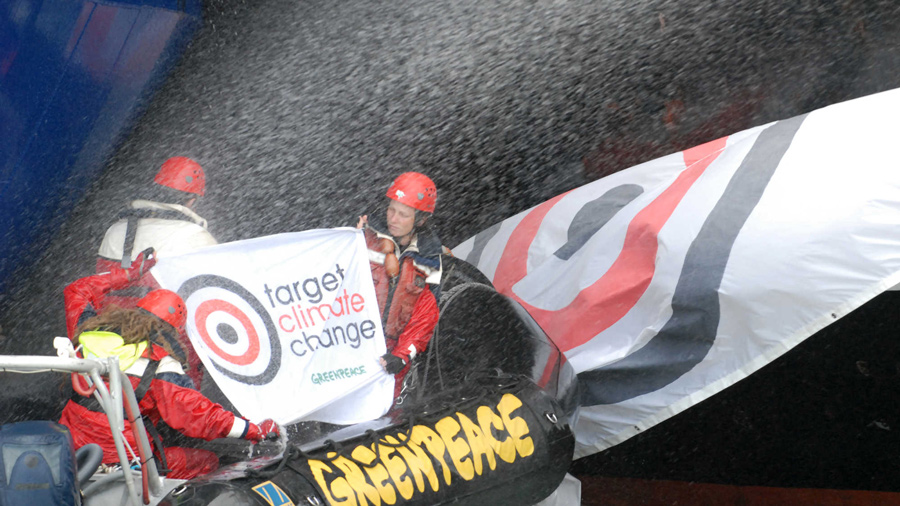
Climate change deniers may often just seem stubborn. Is there a more sophisticated method of obstruction that we don’t pick up on?
Doubt. They can present themselves as very “reasonable” when promoting doubts. If they can create doubt in people’s minds then it is easy to say, “Let’s wait a bit longer before we do anything.” Delay has the same effect as winning the argument. Creating doubt is enough.
What are the key tools in the denier’s arsenal, and how do you showcase these in your film?
I’ve mentioned doubt and we see examples of sceptics in the film saying things that raise doubts. There is one strange example of another crude tactic from America where a huge billboard says that the Unabomber believed in climate change and asks the question, “Do you?” The Unabomber was crazy so therefore if you believe in climate change perhaps you are crazy too. The most alarming tactic in New Zealand was of course the Fart tax campaign where a levy to fund more research effort into grass eating animals’ burps was misrepresented as a tax on farts. And it worked!

To undertake a doco like this requires an enthusiasm for the subject. Does this manifest as frustration for you, given the incredibly high stakes?
I am very privileged because while I am frustrated and angry, I have a practical way of expressing that frustration in a way that may actually contribute in a small way to making progress. I have been able, with Abi King-Jones my co-director, to make a film. I am one of the lucky ones who can say to themselves, “I have tried to do my bit.”
How do you think New Zealanders 50 years in the future will look back on your doco and how we’ve managed climate change?
In fact the film has been deliberately crafted so that in 10 and 15 years time people will be able to look at it and find the answer to the question, “Why didn’t they do something when there was still time?” It will show people now and in the future the utterly mundane nature of profound political failure.
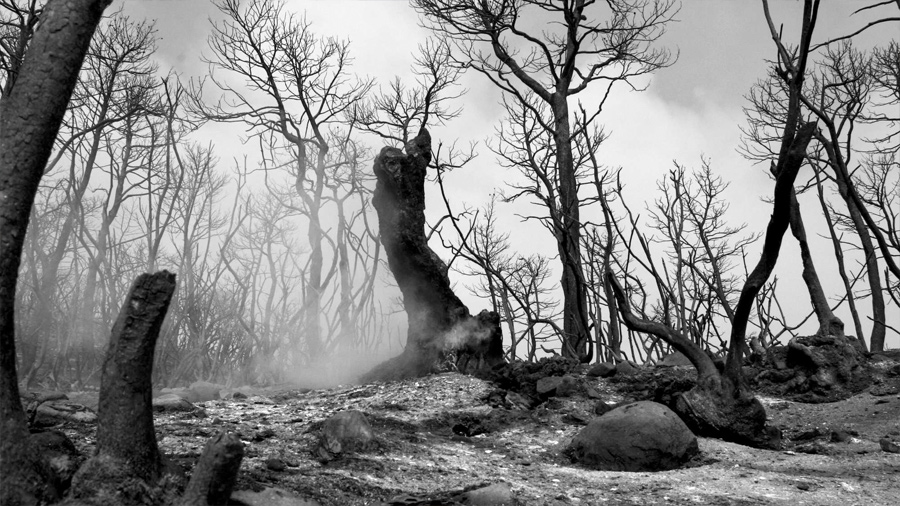
Who would be the best, and worst, people to bring along to your film?
Children under 15 should not see this film because it is too unsettling and the best people to see this film would be journalism students. All journalism students should also read Nicky Hager’s book Other People’s Wars.
What was the last great film you saw?
Other People’s Lives and Spirit of ’45 come to mind.
What are you thinking about doing next?
Figuring out why it is exactly that no one wants to fund any of my documentaries.





